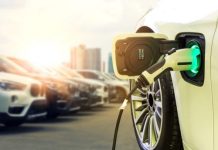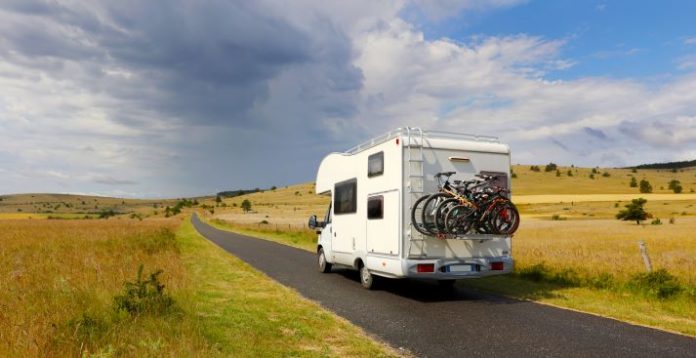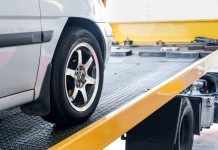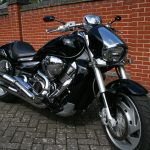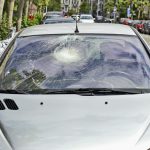Motorhomes and caravans have seen a real resurgence in interest amongst younger people in the UK, as more people seek cost-effective ways to travel around and even live in the country. A new community of ‘van-lifers’ has discovered the ways in which motorhome living can be cheaper and more sustainable than other ways of living – but there are still some savings to be made, especially regarding energy efficiency. What are they?
Essentials
In order to make any meaningful progress on the energy efficiency of your motorhome, you need to first ensure you have a good bedrock of functionality. Simply ensuring your vehicle is road legal is a good first step to address your motorhome’s working order.
Naturally, your motorhome must have a relevant motorhome insurance plan to cover it against future accidents or road incidents. However, it is the passing of its annual MOT that can ensure it is in good enough working condition to warrant your additional attention regarding energy efficiency measures.
Fuel Efficiency
With your MOT certificate secured, you can work safe in the knowledge that your efficiency measures will hold water for the long term. But two of the biggest factors for fuel efficiency in particular are factors that can be easily managed in situ: your motorhome’s weight, and your motorhome’s tyres.
Weight can be a little harder to manage, especially if you are spending long spells of time in your motorhome for travel, work or simply living. But your tyres are something you can monitor and influence with ease.
For one, tyre pressure has a direct impact on fuel economy; the lower your tyre pressure, the more tyre is in contact with the road, and the more energy required to defeat road resistance. Tyre tread condition can also contribute to fuel inefficiency, as worn tyres are less likely to maintain traction on the road in even the best conditions, leading to wasteful wheelspin.
Draughtproofing and Insulation
Motorhomes are relatively well insulated already, but there are some changes you can make to reduce the transfer of heat from your cabin. For one, skirting can be installed on the outside of your motorhome to prevent cold wind wicking heat from beneath.
With regard to hot water in your motorhome or van conversion, the pipes that supply your hot water are particularly susceptible to heat loss – with a real effect on the efficiency of your water heating system. This is especially impactful where PVC pipes are used to save weight. You can wrap these pipes in insulation or foil to mitigate heat loss, and improve the efficiency of your water heating system.
Eco Energy
Lastly, there are some changes you can make regarding the source of your energy to reduce your reliance on the grid, or on inefficient and pollutive fossil fuels. A portable solar panel, for example, can be set up on the roof of your motorhome or in a clearing when parked, enabling you to charge your leisure battery without spending on energy. Battery arrays can also replace generators for power.
















